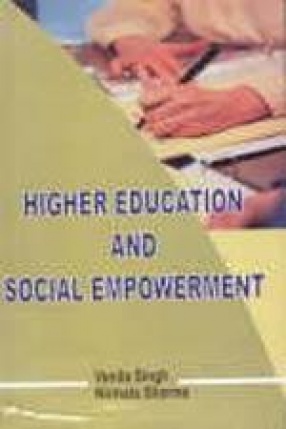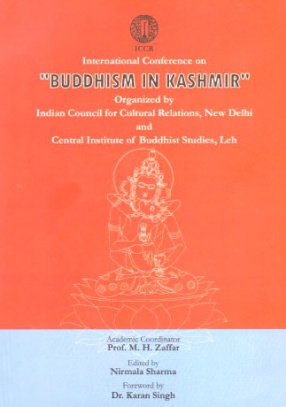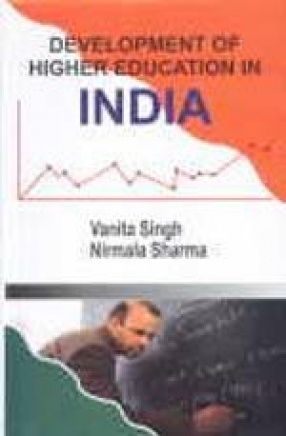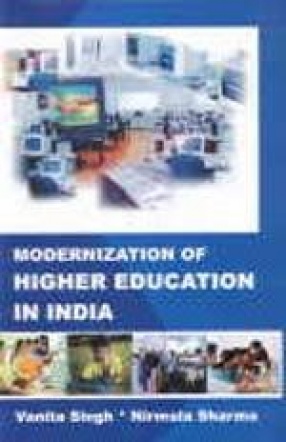Society and the academy once appeared to have such an agreement. After World War II, stimulated by the success of the GI Bill, a social compact seemed to exist between American Society and Higher Education. Although bows to state and regional differences are always in order, this compact clearly covered the country. It rested on a few felt but unwritten principles–on trust, not rules. Americans accepted as an unquestioned act of faith that access to a college education was a public good for society, as well as a private good for students. Access to college opportunities allowed our nation to champion both sides of the American Dilemma of how to achieve both equality and quality. Equality meant that society offered the opportunity for college to a growing percentage of the population while leaving the achievement of quality to the talents and efforts of individuals. Americans also acknowledged the need for a surprising degree of academic autonomy from governmental control.
Nispanna-Yogavali: Sanskrit and Tibetan Texts with English Translation
The Nispannayogavali (NSP) ...
$68.40
$76.00











There are no reviews yet.